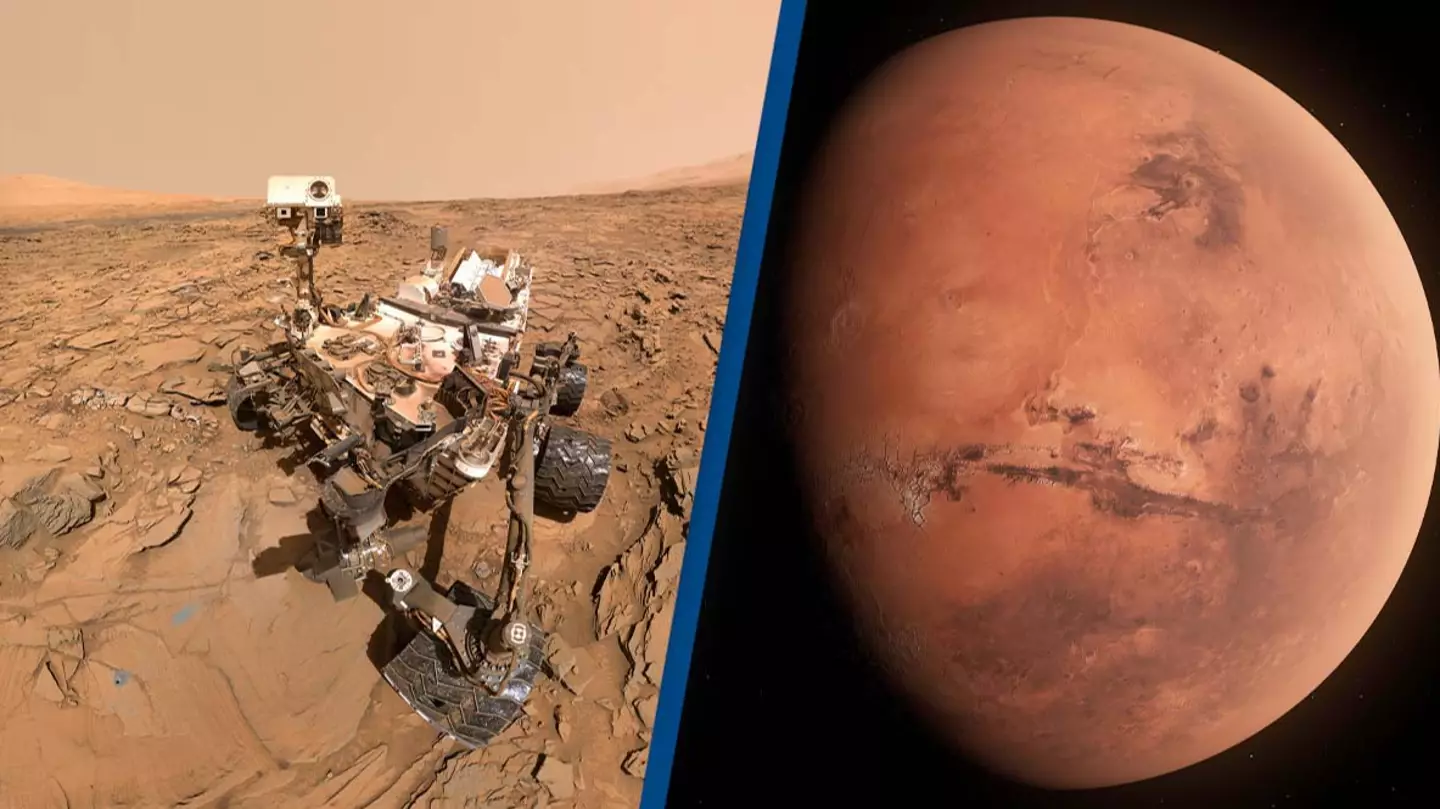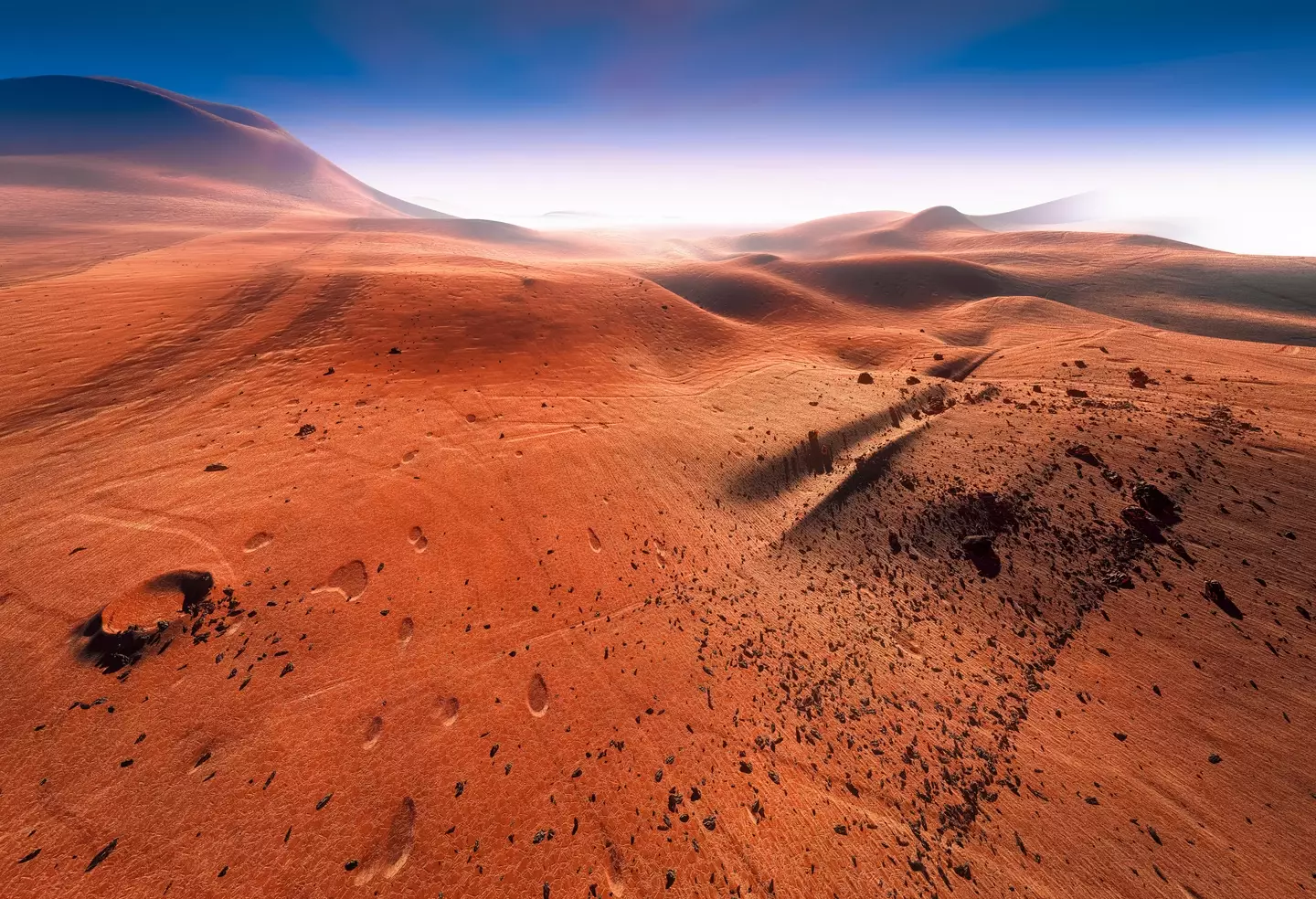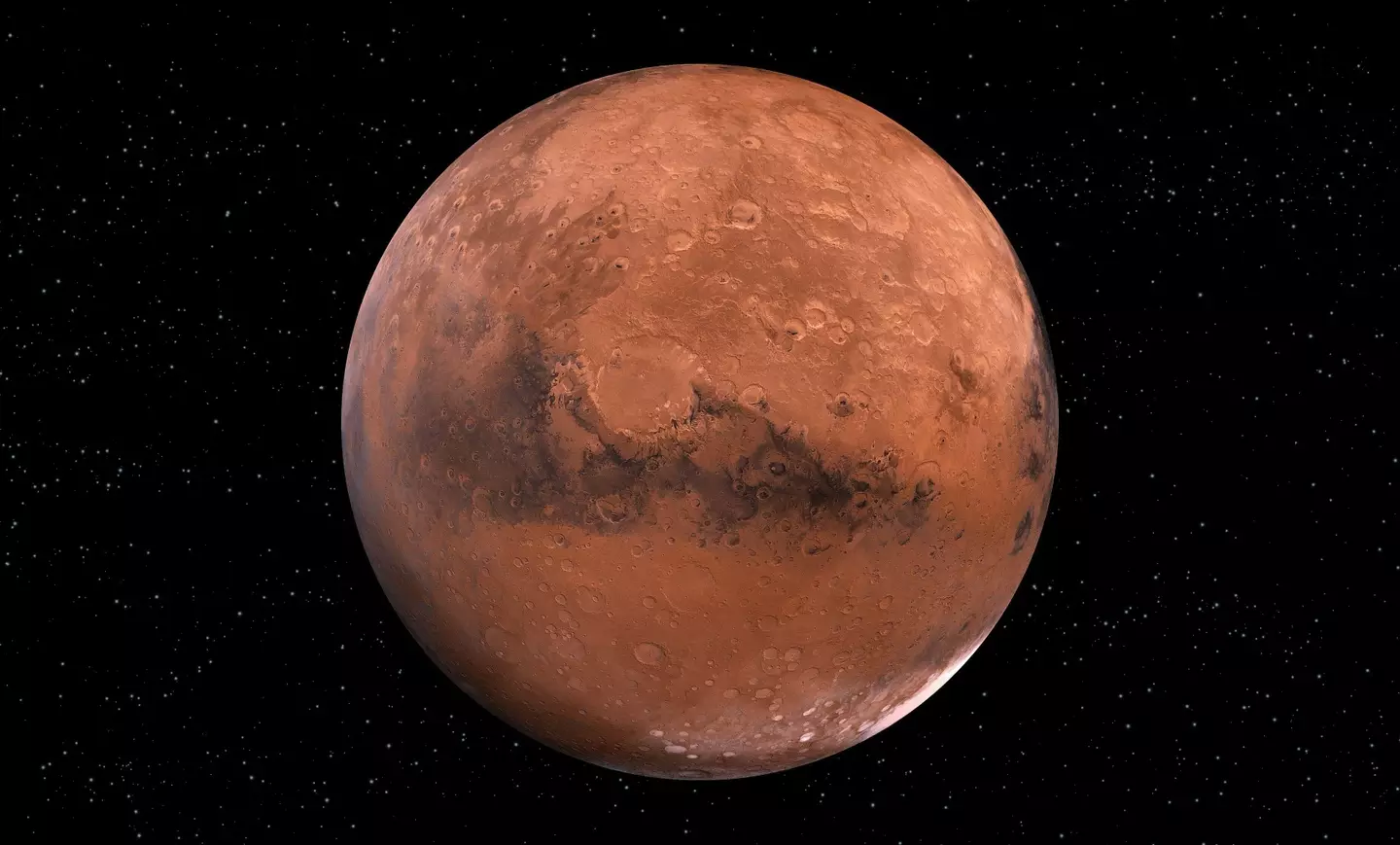
For years, there's been talk of one day mankind living on Mars.
And in recent times, with the likes of Elon Musk seemingly on a one-man crusade to get there first, it looks like it might happen fairly soon.
But according to one of the most recent studies into the viability of human life on the Red Planet, it might not be as easy as you'd think.
Advert
Yep, research carried out by team at UCLA looked to answer two key questions - the first being around the impact of particle radiation and whether it would pose too grave a threat to human life.
The second was whether the timing of a mission to Mars could protect astronauts and the spacecraft from radiation?
To answer both questions, the scientists used geophysical models of particle radiation for a solar cycle and models of how radiation could affect both human passengers and a spacecraft.
Now, the good news is that the answers to their two questions were 'no' and 'yes', respectively.
According to the scientists' calculations, the spacecraft should provide enough protection during the round trip to and from Mars for the astronauts.

However, if the material the spacecraft is built with is too thick, then it could actually increase the amount of secondary radiation.
They also noted that this would largely be dependent on the timing of the mission as well.
Researchers claimed the best time to leave Earth would be when the solar activity is at its peak.
This is because during the 'solar maximum' the most dangerous particles are deflected, thus shielding the astronauts from the worst of it.
On the other hand, the bad news is that experts recommended humans should spend no longer than four years on any mission to the planet.
According to the study, which was published in the Advancing Earth and Science Journal, beyond this point, the levels of radiation become unsafe.

It reads: "Our calculations clearly demonstrate that the best time for launching a human space flight to Mars is during the solar maximum, as it is possible to shield from Solar Energetic Particles.
"Our simulations show that an increase in shielding creates an increase in secondary radiation produced by the most energetic GCR, which results in a higher dose, introducing a limit to a mission duration.
"We estimate that a potential mission to Mars should not exceed approximately four years.
"This study shows that space radiation imposes strict limitations and presents technological difficulties for the human mission to Mars, such a mission is still viable."